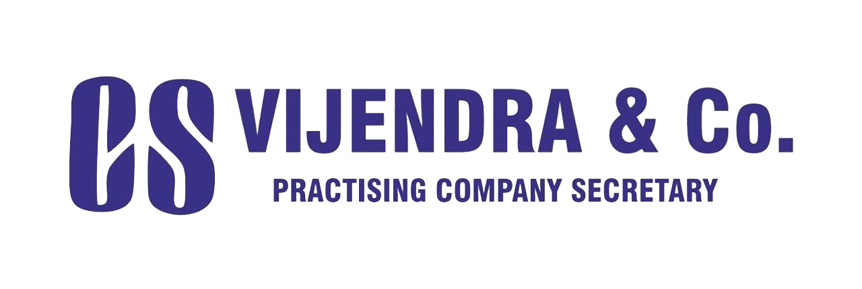Trademark Hearing Process
Trademark Hearing
The Trademark hearing process is a crucial step in obtaining trademark registration in India. It occurs when the trademark application faces objections raised by the Trademark Examiner in the Examination Report. If these objections are not satisfactorily resolved through a written response, the applicant is required to attend a Trademark Hearing before the Registrar or an officer appointed by the Trademark Registry. The Trademark hearing process determines whether the applied trademark can proceed to registration or if it will be refused.
Trademark Hearing Importance
The Trademark hearing process plays a significant role in securing exclusive rights over a trademark. It provides an opportunity for the applicant or their representative to present arguments, submit necessary documents, and clarify issues raised in the Examination Report. If the response to the Examination Report is insufficient, the hearing becomes the final chance to convince the Registrar of the trademark's validity and distinctiveness.
Failure to attend or adequately present the case at the Trademark hearing process may lead to trademark refusal, making it a critical stage for applicants seeking to protect their brand identity.
Trademark Registry Jurisdiction
The Trademark hearing process is conducted at the designated Trademark Registry offices in India. The jurisdiction depends on the location of the applicant’s principal place of business. The five main Trademark Registry offices in India are located in:
- Mumbai
- Delhi
- Chennai
- Kolkata
- Ahmedabad
Applicants must ensure that their hearing takes place at the appropriate office as per jurisdictional rules. Attending the hearing at the correct location is essential to avoid any procedural complications.
Trademark Hearing Adjournment
In cases where an applicant or their attorney cannot attend the scheduled Trademark hearing process, an adjournment request can be made. This request must be submitted with valid reasons before the scheduled hearing date. The Registrar has the discretion to grant or reject the adjournment. Typically, only one or two adjournments are permitted, and failure to appear after multiple adjournments may lead to abandonment of the application.
How CS Vijendra & Co Can Help You with Trademark Hearing
At CS Vijendra & Co, we assist clients in handling the Trademark hearing process with expertise and precision. Our professionals analyze the objections raised, prepare the necessary legal documents, and represent clients during the hearing to ensure the best possible outcome. We provide end-to-end support, from responding to the Examination Report to attending the Trademark hearing process, ensuring compliance with all legal requirements.
Documents Required for Trademark Hearing
To effectively represent a trademark application during the Trademark hearing process, specific documents must be presented. These include:
- Power of Attorney: If the applicant is represented by an attorney or a trademark agent, a Power of Attorney authorizing them to act on behalf of the applicant is mandatory.
- Authorization Letter: If someone other than the applicant is attending the hearing, an authorization letter must be provided.
- Proof of Usage: Documents such as invoices, advertising materials, website screenshots, and other evidence showcasing the usage of the trademark in commerce.
Trademark Hearing Process
- Examination Report Issuance: Once a trademark application is filed, it undergoes scrutiny by the Examiner. If objections arise based on similarity, distinctiveness, or legal grounds, an Examination Report is issued.
- Examination Report Response: Applicants are given a chance to respond to the objections in writing within a stipulated time frame. A well-drafted response can sometimes lead to acceptance without requiring a hearing.
- Hearing Request: If the response to the Examination Report does not fully resolve the objections, the Registrar schedules a Trademark hearing process and notifies the applicant of the date and venue.
- Evidence Filing: Applicants may submit additional documents, such as affidavits, proof of prior usage, and third-party acknowledgments, to strengthen their case before the hearing.
- Hearing: During the Trademark hearing process, the applicant or their representative presents arguments supporting the registration of the trademark. The Registrar evaluates the case and may seek further clarifications.
<


